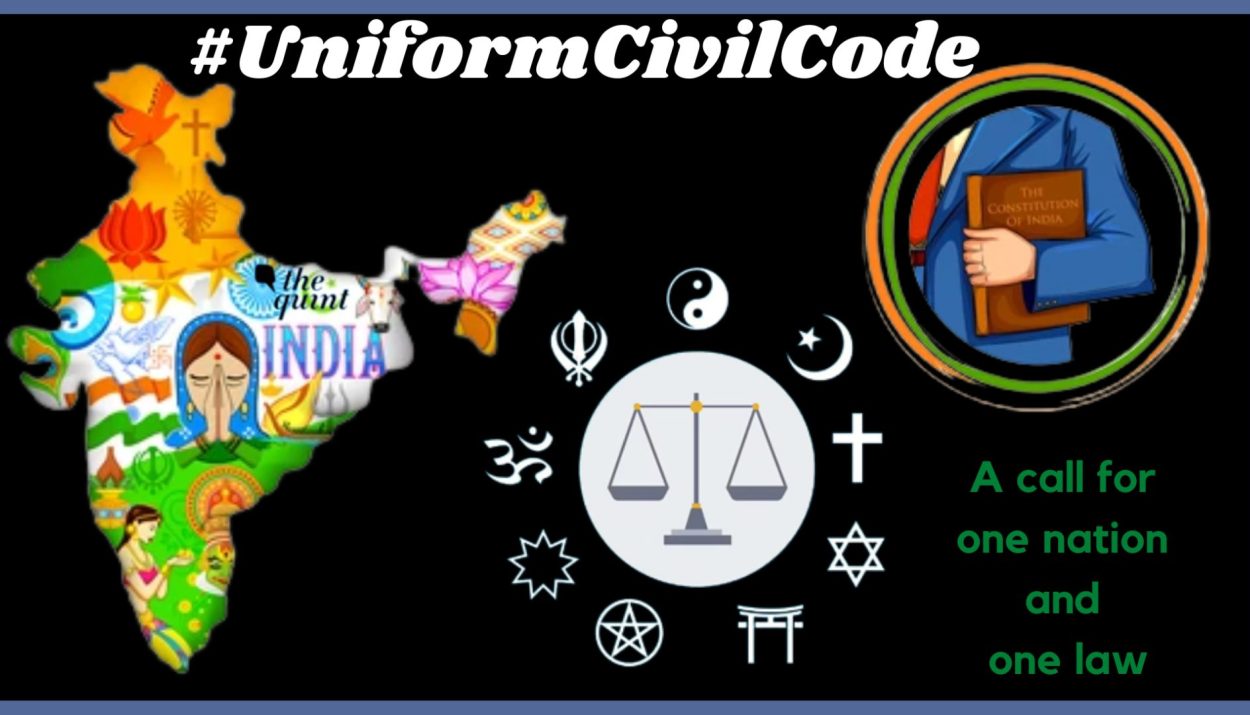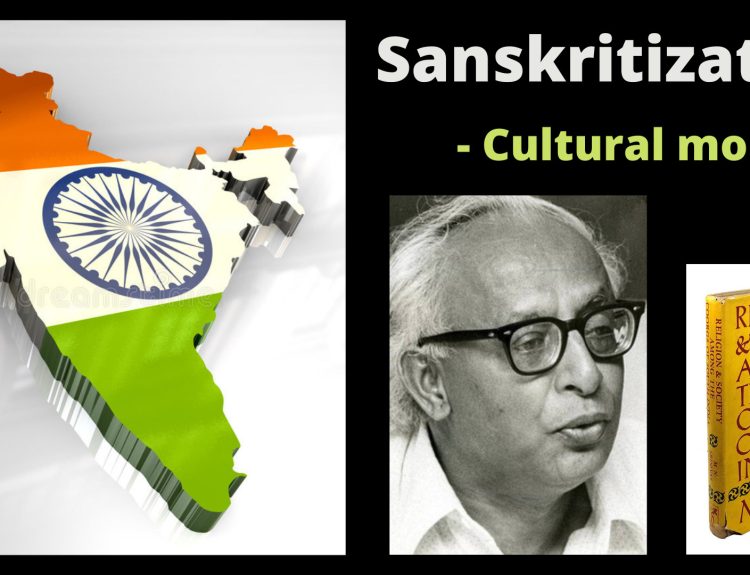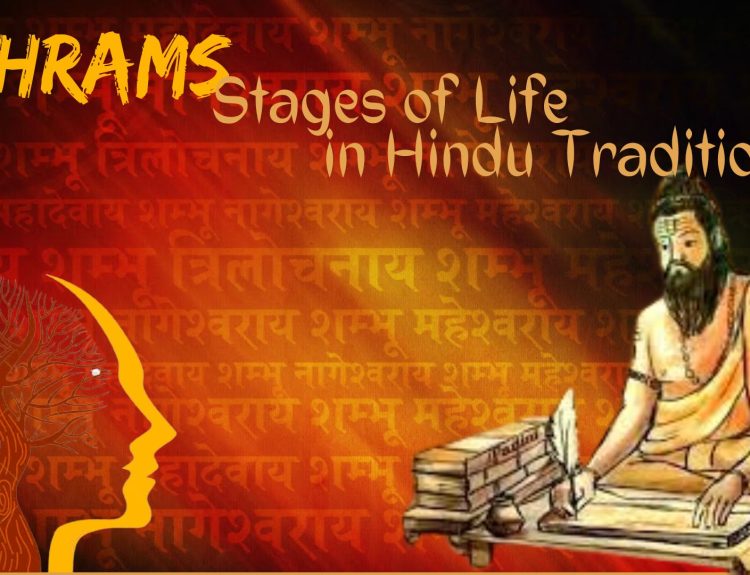India is a country where unity in diversity exists. But today diversity is emphasized more than unity because India is a heterogeneous society. It is not possible to identify every person from the same point of view.
Civil code matters are placed in the Concurrent List (meaning both the Center and the States legislate on the subject). The Uniform Civil Code (UCC) in India is a personal law that will apply to all citizens without any discrimination based on religion, caste, class, gender and sexual orientation in matters of marriage, divorce, adoption and property inheritance. At present, the personal laws of different communities are governed by their customs and religious texts.

There are two kinds of laws- Public law and Personal law. Personal laws include marriage, divorce, inheritance, adoption etc. Public laws include Income Tax Act, the Indian Penal Code, etc. Personal laws were framed in India during British Raj while at that time Goa was under Portugal so Goa is the first and only state in India which has UCC to date known as Goa civil code.
Hindus, Buddhists, Jains and Sikhs have Hindu code bills while Muslim personal laws are based on Sharia law. The Hindu Code Bill aims to codify and reform Hindu personal laws in India. Sharia governs Islamic society and includes writings from the Quran as well as unwritten customs.

If the Uniform Civil Code is implemented by force, there will be a conflict between different religions. B.R. Ambedkar (chairman of the constitution drafting committee) believed in UCC purely voluntarily.
In India, we have uniform criminal laws but states have made several amendments to these laws according to cases. For example, many states have reduced the fine in the Motor Vehicle Act. Is it possible to bring uniformity in personal matters while we are not able to bring uniformity in public laws?
Constitutional provisions
As far as the Constitution of India is concerned, Article 44 of the Directive Principles of State Policy (DPSP) in Part IV mentions a Uniform Civil Code.
Article 44- “states shall endeavour to secure for the citizen a uniform civil code throughout the territory of India”.
Article 25 (Fundamental Rights in Part III) will come in the way of Article 44 as Article 25 talks about freedom of religion.
Article 25- Freedom of conscience and free profession, practice and propagation of religion.
Though UCC implementation is written in the constitution, our constitution also mentions that DPSP is not enforceable by any court, hence the implementation of the Uniform Civil Code is not mandatory.
Why the Uniform Civil Code?
It aims to safeguard the interests of weaker sections including women and religious minorities. It also promotes nationalistic feelings through unity among the citizens. UCC is one nation one law. It will integrate India and promotes secularism.
It will give more rights to women. This will help in improving the status of women in India. It will give a sense of equality to all citizens. It simplifies the complex laws of different religious communities and brings together all the laws i.e. Hindu Code Bill, Sharia law and others. It will apply to all citizens without any discrimination.
Issues which uniformity can brings
Uniformity will always bring challenges. We can see this in the context of the POCSO Act. This act applies uniformly to the whole of India. There is no prescribed legal age for marriage in tribal culture. Tribal husbands who married 17-year-old girls are now in jail due to the harassment of this POCSO act. So when we implemented the POCSO act uniformly, we saw how innocent tribal could become criminals. Tribal culture is being hampered here. There are serious allegations against many tribal youths.

This case shows that there is a possibility of majority law being imposed on minorities shortly which will be a negative point for our country.
Conclusion
Yes, UCC is required. But the majority must instil confidence in the minorities. There are many practices in India which need to be reformed with caution. UCC should not be enforced by force but should be implemented based on consensus.
The coercive implementation of UCC brings more danger than its positive consequences. UCC will not curtail the freedom of religion as it will be introduced as a new law and is not against secularism.
The UCC should be drafted in such a way that it balances fundamental rights and religious matters. It should be without any bias.
References
Implementation Of Uniform Civil Code In India







